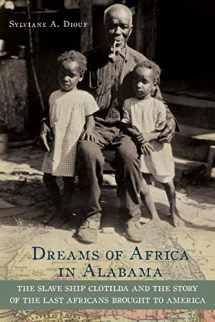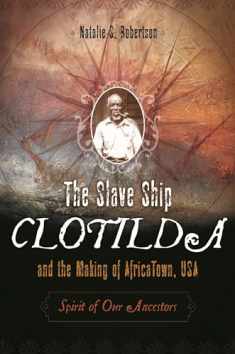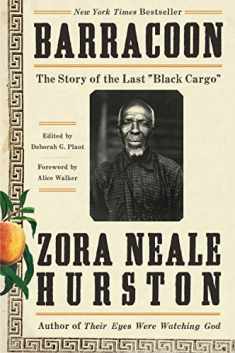
Dreams of Africa in Alabama: The Slave Ship Clotilda and the Story of the Last Africans Brought to America
Book details
Summary
Description
Winner of the 2007 Wesley-Logan Prize of the American Historical Association, the 2009 G. Sulzby Award of the Alabama Historical Association and a 2008 finalist for the Hurston/Wright Legacy Award, this acclaimed volume tells the moving story of the last recorded group of Africans deported to the United States as slaves--more than fifty years after the United States abolished the international slave trade. Sylviane A. Diouf reconstructs the lives of 110 men, women, and children from Benin and Nigeria who were brought ashore in Alabama in 1860 under cover of night, recounting their capture and passage in the slave pen in Ouidah, and describing their experience of slavery alongside American-born enslaved men and women. After emancipation, the group reunited from various plantations, bought land, and founded their own settlement, known as African Town. They ruled it according to customary African laws, spoke their own regional language and, when giving interviews, insisted that writers use their African names so that their families would know that they were still alive. African Town is still home to a community of Clotilda descendants.


We would LOVE it if you could help us and other readers by reviewing the book
Book review





